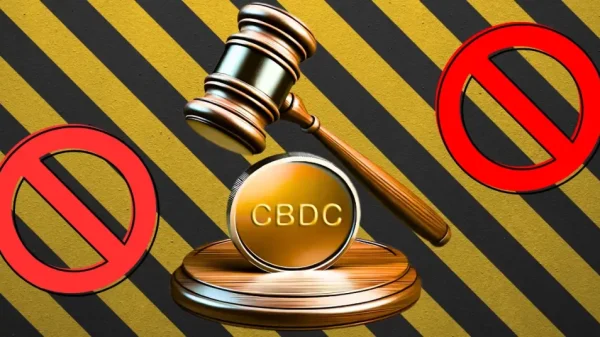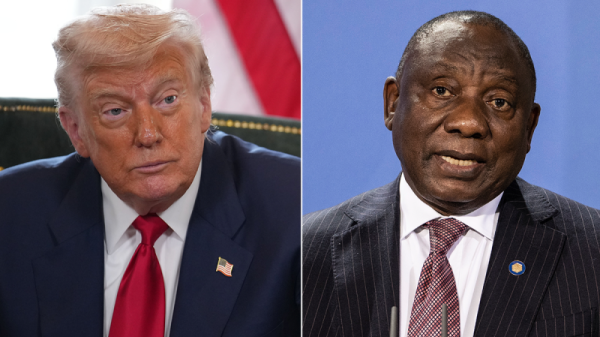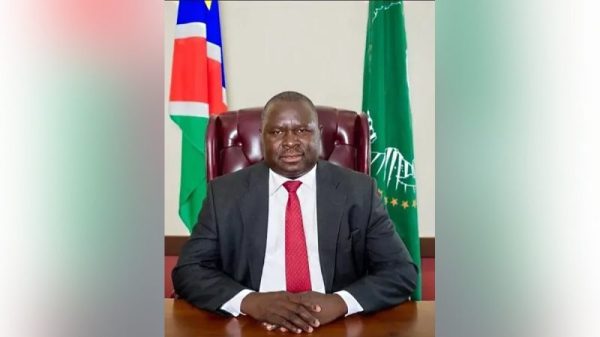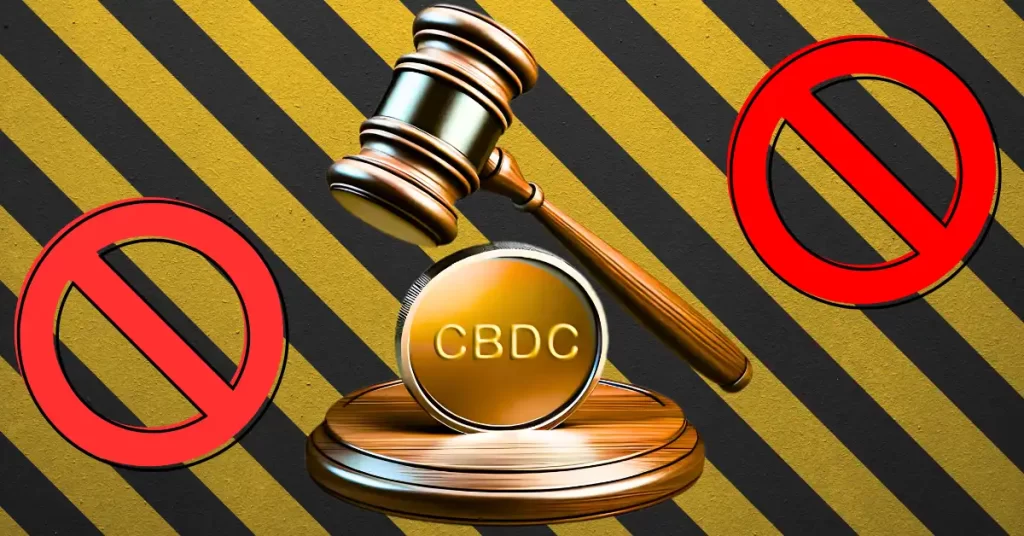The post SARB Confirms South Africa Not Ready for Retail CBDC, Here’s Why appeared first on Coinpedia Fintech News
While dozens of countries rush to launch their own CBDCs, the South African Reserve Bank (SARB) says the nation doesn’t need one right now. The central bank argues that a digital currency won’t fix the country’s biggest financial struggles, especially when many people still lack bank access.
This unexpected move now raises a big question: Is South Africa being smart or falling behind?
South Africa Rejects CBDC for Now
According to a position paper released by the South African Reserve Bank (SARB) on November 27, 2025, the country sees “no strong immediate need” for a retail central bank digital currency (CBDC).
The bank said the idea is technically possible, but it does not solve the country’s most urgent financial needs.
Instead of launching a digital rand for everyday users, SARB wants to focus on modernizing the traditional payments system, improving access for non-banks, and exploring wholesale CBDC and cross-border payment upgrades.
SARB made it clear that it will continue monitoring global CBDC progress and stay prepared if the country eventually needs one.
Why South Africa Is Holding Back on Retail CBDCs?
SARB’s research found that a retail CBDC would not instantly fix existing problems. Nearly 16% of adults don’t have a bank account, and a digital token alone cannot solve this gap unless it offers:
Cash-like offline access
Low transaction fees
Simple and universal usability
Strong privacy protections
Meanwhile, SARB also warned that crypto assets and stablecoins are becoming a growing risk, saying issues like cyber threats and financial stability concerns outweigh their benefits for now.
The report said crypto can help bypass Exchange Control Regulations, raising concerns about capital flows in and out of South Africa.
Global CBDC Race Continues Without SA
While South Africa steps back from launching a Central Bank Digital Currency (CBDC), many other countries continue to move forward rapidly.
3 countries have already launched their own CBDCs.
49 countries are testing CBDCs in real-world pilot programs.
20 more countries are busy developing their CBDC systems.
36 countries are still researching.
Even the United States has paused its own CBDC plans for now, especially after the Trump administration decided to move away from the idea.
In the meantime, by slowing down and observing, South Africa is placing itself among nations that want to wait and learn first, rather than jump in too early


































